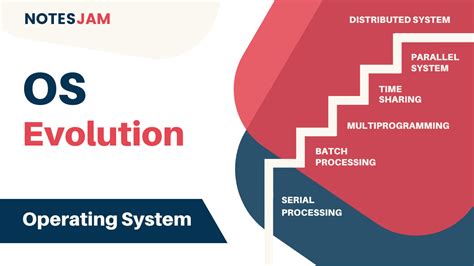ExectOS, the latest open-source operating system, is making waves in the tech community, built on the innovative XT architecture directly descended from the well-regarded NT architecture. Developed with a vision to offer a seamless, compatible experience akin to NT while embracing modern advancements, ExectOS is designed to support both i686 and x86_64 architectures, with aspirations for broader portability.
The architecture of ExectOS integrates hardware-specific code with the kernel, deviating from the traditional NT’s approach of utilizing a separate Hardware Abstraction Layer (HAL). This shift aims to simplify and enhance performance by directly incorporating hardware interactions, paving the way for efficiency and responsiveness. This kind of integration offers a streamlined mechanism for managing hardware calls and system resources.
One of the intriguing features of ExectOS is its capability to run applications from various operating systems through its innovative user-mode subsystems. These subsystems allow for the implementation of environment-specific standards, enabling direct support for applications like DOS and POSIX, providing a versatile environment for developers and users alike.
Despite its ambitious goals, ExectOS isn’t without its critics. Some comments highlight the potential pitfalls of its developmental processes and the controversial views expressed in its project documentation. For instance, some community members have pointed out that certain FAQ entries, such as dismissing the value of GCC with contentious language, do little to inspire confidence among potential adopters.
Criticisms concerning the lack of testing and dubious assertions about project management also abound. Such remarks bring to light the crucial necessity of rigorous testing in developing a reliable operating system. Implementing comprehensive test suites to ensure code stability and functionality should be a top priority to gain broader acceptance.
In contrast, suggestions from the community reflect a desire for enhancements and practical implementations. For example, some have proposed integrating security-centric microkernels like seL4 and utilizing modern languages like Rust to minimize vulnerabilities and enhance system security. These suggestions highlight the community’s passion and collective expertise in steering the project toward a more robust and secure platform.
ExectOS is underpinned by a promise of openness and community collaboration. Its Discord server is a hub for enthusiasts and contributors to engage, discuss, and drive innovation. Despite the contentious start, the project’s ability to leverage community feedback and evolve based on collective input will be crucial for its long-term success.
In the broader context of operating systems, ExectOS positions itself not only as an evolution of NT but also as an exploration into more flexible and modern OS architectures. It poses a significant opportunity to redefine foundational concepts, integrating contemporary programming paradigms and community-driven development practices. With constructive criticism and active participation from the tech community, ExectOS has the potential to carve out a unique niche in the continuously evolving landscape of operating systems.


Leave a Reply